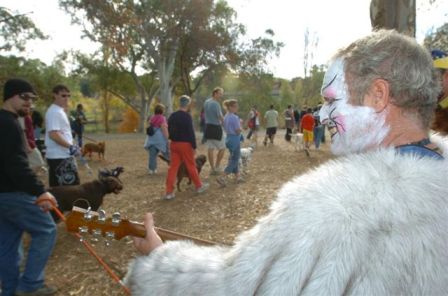I attended this forum last week ( see the program below): What struck me afterwards was that its time that more men became advocates and activists in the process of stoping violence. Vested interest or not violence is not a response that should be acceptable to anyone.
This first abstract from Alan Jenkins is the content that really got me thinking:
'Alan Jenkins
Alan has worked in a range of multi-undisciplinary teams addressing violence and abusive behaviour for 25 years. Rather than tire from this work, he has become increasingly intrigued with possibilities for the discovery of ethical and respectful ways of relating. The valuing of ethics, fairness and the importance of protest against injustice has led him to stray considerably from the path prescribed in his early training as a psychologist, towards a political analysis of abuse. He is currently a director of Nada, an independent service that provides intervention in family abuse, violence and workplace harassment. He manages the Mary St. Program for young people who have sexually assaulted, along with their caregivers and members of their communities.
Title: The ethics of intervention with men : a parallel journey for workers
Intervention practice aims towards the cessation of abusive behaviour, restitution to those harmed and reclamation of a sense of integrity with a capacity for engagement in respectful ways of relating. This work invites men into the territory of ethics and requires a parallel ethical journey for intervention workers. How might we engage with the politics of our practices and the dilemmas this brings forward? How might we promote ethical self-critique when we work with men? Can we engage with shame without shaming men who have abused?
IT’S TIME: Creating a future free from violence - men’s responsibilities
Program
Bob Pease -
Working with men as partners in violence prevention
Brighton Secondary School Boys Choir
Alan Jenkins -
The ethics of intervention with men: a parallel journey for workers
Brooke Friedman & Bo Rankine -
Tough Guise (with respect to Jackson Katz)
Concurrent Workshops
Tony Fletcher -
"Men" and the issue of "change" – philosophically, theoretically and practically
David Tully & Sharon Lockwood –
Community education around sexual violence: what’s gender got to do with it?
Major Sumner -
Aboriginal culture & western society: things that work and things that don’t work
John Hartley -
The fires of our ancestors are burning
Concurrent Workshops
Kathryn Stone & Anne-Marie Martin -
Measuring success & change: sexual and other violent offending
Marg Rowntree -
Resurrecting (sexual) violence prevention: a public health approach
Damien McInerney and Jacqueline Riviere -
Factors implicated in the experience of domestic violence in Culturally and Linguistically Diverse (CALD) communities
Panel Discussion – Sharon Lockwood
Bob Pease, David Tully, Alan Jenkins, Tony Fletcher
Pulling it all together











